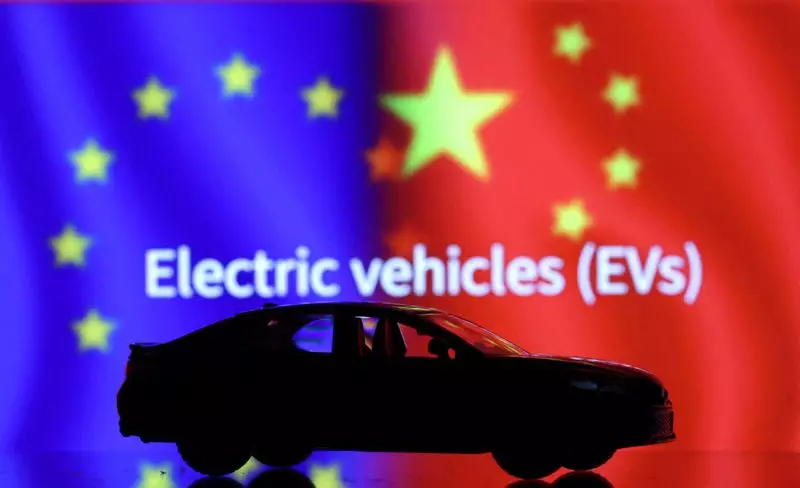China’s recent decision to open an anti-subsidy probe into imported dairy products from the European Union has added fuel to the ongoing tensions between the two economic giants. This move comes on the heels of Brussels releasing a revised draft decision related to tariffs on China-made electric vehicles, further complicating trade relations between China and the EU. Let’s delve into the details of the probe and its implications on various industries.
The anti-subsidy investigation on dairy products was initiated by China’s commerce ministry following a complaint from the Dairy Association of China and the China Dairy Industry Association on behalf of the domestic dairy industry. The probe will focus on a wide range of products, including cheeses, milks, and creams intended for human consumption. China will scrutinize 20 subsidy schemes from several EU countries, such as Austria, Belgium, Italy, and Romania. The EU, being the second-largest source of dairy products for China, faces potential challenges in light of this investigation.
In addition to the dairy probe, China is also conducting an anti-dumping investigation on pork products imported from the EU. The focus is on various pig products intended for human consumption, including whole cuts, intestines, bladders, and stomachs. With the EU accounting for more than half of China’s pork imports, suppliers from South America, the U.S., and Russia could capitalize on the situation by gaining market share in China if restrictions are imposed. Countries like Spain, the Netherlands, and Denmark are major exporters of pork to China, highlighting the potential impact of this investigation on the global pork industry.
On a different note, China decided not to impose provisional tariffs on brandy imported from the EU despite finding evidence of below-market pricing. This decision comes as a relief to brandy makers in the EU, especially French producers like Remy and Pernod. The French cognac industry dominates China’s EU brandy imports, and any tariffs would have weighed heavily on these companies. While the motives behind the probe remain unclear, it underscores the complexities of trade relations between China and the EU.
The plastic industry is also under scrutiny, with China launching an anti-dumping probe into POM copolymers, a type of engineering plastic imported from the EU, U.S., Japan, and Taiwan. This move adds to the growing list of industries facing trade tensions with China, raising concerns among plastic manufacturers worldwide. The outcome of this probe could have far-reaching implications for the global plastic market, impacting supply chains and trade dynamics.
China’s anti-subsidy probes into various industries, including dairy, pork, brandy, and plastic, signal a shift in trade dynamics with the EU. These investigations have the potential to disrupt established supply chains, impact market shares, and strain diplomatic relations between China and the EU. As both sides navigate these challenges, it is essential to find a balanced approach that safeguards the interests of domestic industries while promoting fair and sustainable trade practices on a global scale.

